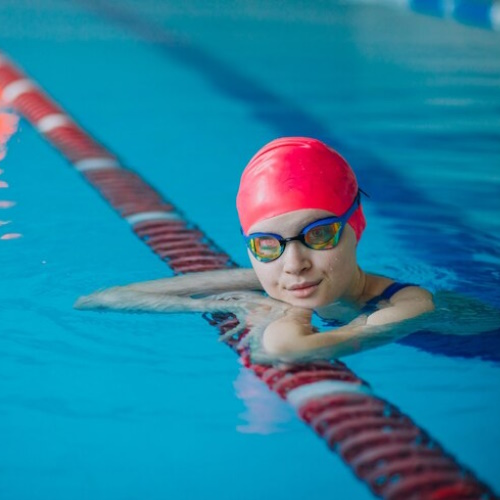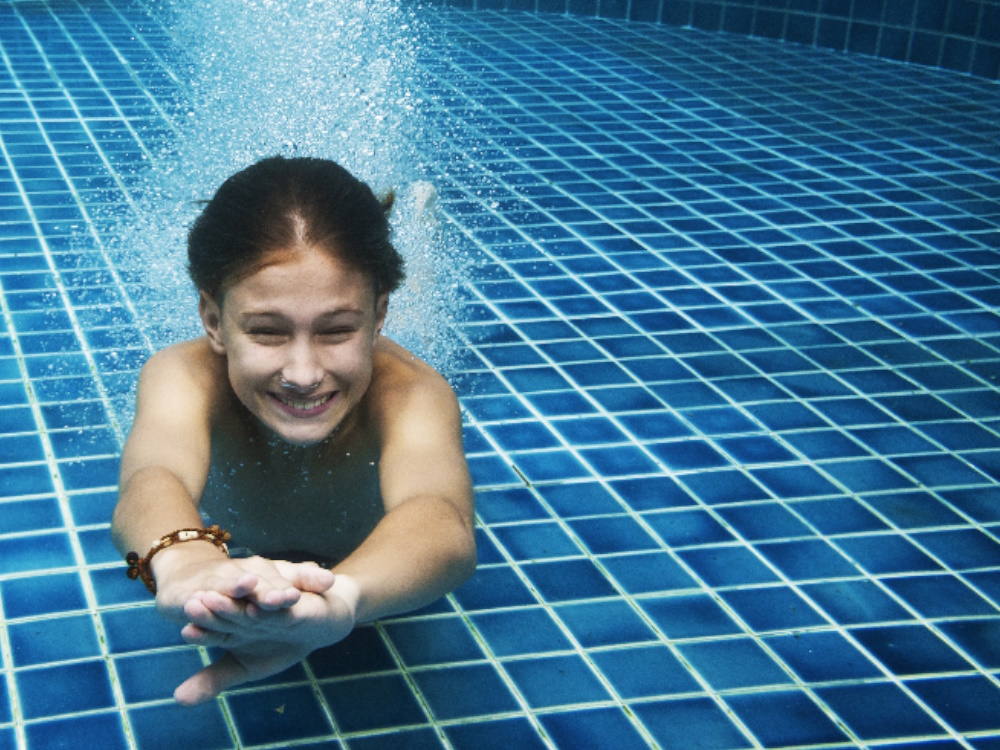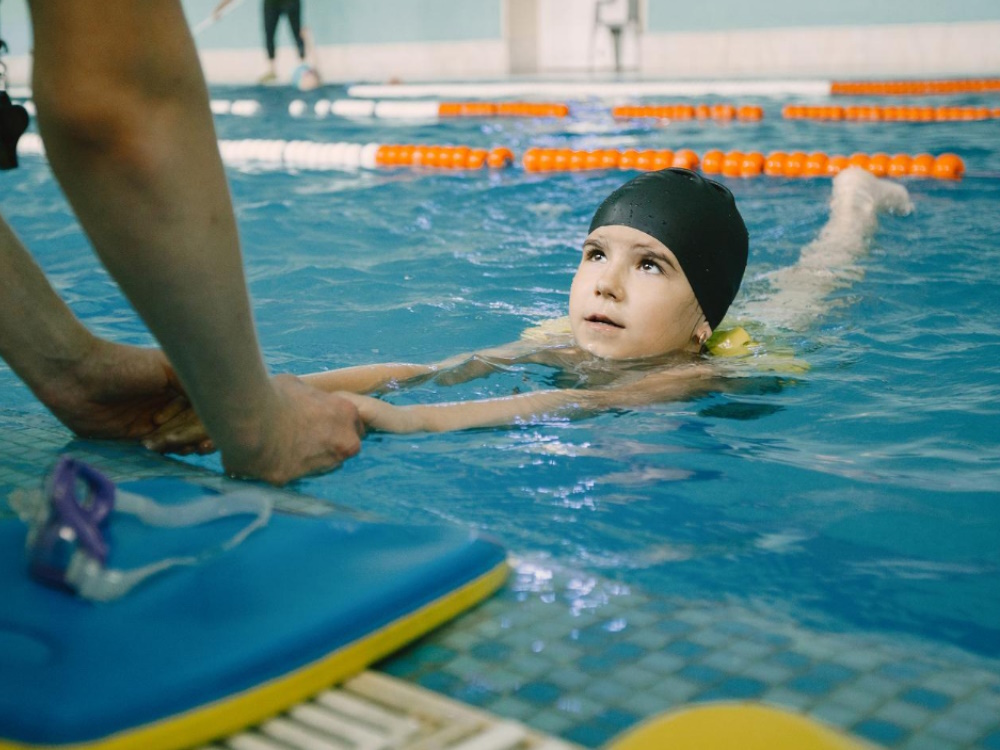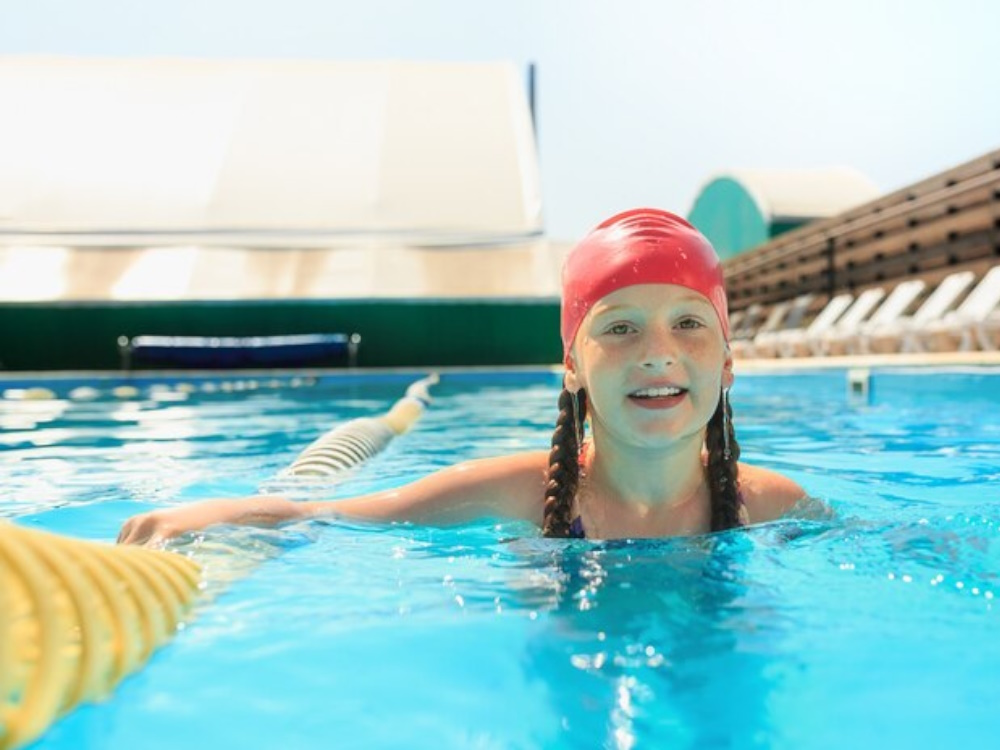When Should Children Start Swim Lessons? A Guide for Parents
This article offers guidance on when to start swim lessons and how to choose the right approach for your child.

Introducing your child to the pool early can boost their confidence in water. It lays the foundation for a lifetime of swimming fun and safety. Deciding when to start swim lessons and picking the best program can be difficult for parents. This article offers guidance on when to start swim lessons and how to choose the right approach for your child.
1. Understanding the Right Age to Start
The American Academy of Pediatrics (AAP) suggests starting swimming lessons at age This recommendation is based on evidence that early exposure to swim lessons can reduce the risk of drowning. However, the best starting age can vary. It depends on the child’s development, exposure to water, and individual readiness. Swim Pro recommends starting swim lessons no earlier than age 2. But, you must consider your child’s comfort with water. Also, consider their physical abilities and emotional maturity.
2. Introductory vs. Formal Lessons
For toddlers and young children (ages 2-4), the main goal of swim lessons is to build comfort and confidence in water. These classes emphasize water safety skills. This includes floating, blowing bubbles, and basic movements. They sessions are held in a fun and encouraging setting. As they grow older and gain confidence, children can move on to more structured swim lessons. These sessions focus on technique and endurance.
3. Choosing the Right Swim Program
When choosing a swim program for your child, consider these factors:
- Accreditation and Qualifications: Look for programs with Red Cross certified instructors who have experience working with children of various ages.
- Class Size and Structure: Smaller class sizes ensure more personalized attention and generally yield faster progress.
- Curriculum: Choose a program with a well-rounded curriculum that emphasizes both water safety and swimming skills.
- Environment: A warm, inviting pool with clean facilities can make the learning experience more comfortable and enjoyable for children.
4. Parental Involvement
Parental involvement can accelerate learning. Many programs offer parent-child classes, especially for younger children. These sessions can help build trust and comfort in the water. Be present during lessons. Offer encouragement when necessary. And practice skills outside of class. These things reinforce learning. This makes the experience more positive, especially for children who are afraid or nervous at first.
5. Safety First
Above all, the safety of your child is paramount. Make sure any swim program you choose prioritizes safety. It should have lifeguards on duty. And the instructors should be trained in CPR and first aid. If you’re not sure, ask. Teaching your child to respect the water is crucial. They must understand basic water safety, no matter their swim level.
Conclusion
Swim lessons at the right age and choosing the right program can give your child valuable life skills. They can promote physical health and foster a lifelong love of swimming. Consider your child’s readiness. Research potential swim programs. Stay involved. This way you can ensure a positive learning experience for your child.
Our Story
Relevant Articles & Blog Posts
Find expert insights, useful tips, and engaging stories to enhance your swimming journey. Read on and immerse yourself in a sea of valuable information!



